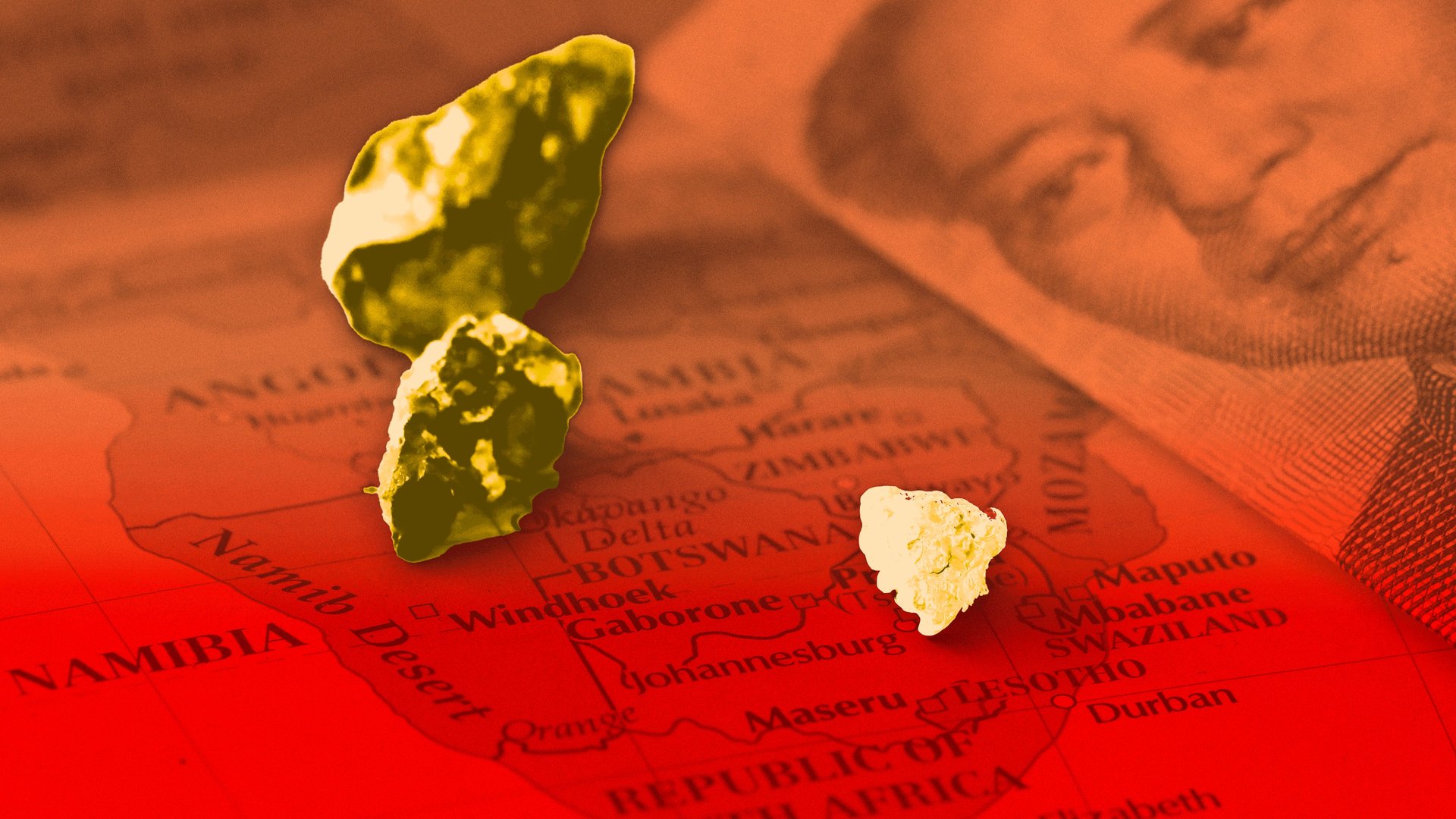The West is trying to cut China out of rare earths—and China is noticing
China is facing heated competition as the US, Europe, Australia, and Japan collaborate on rare earths

Even as Chinese rare earth players cement their footholds in international markets, other countries are slowly making progress in rebuilding their rare earth supply chains. They have a singular purpose: to loosen China’s grip on these precious metals.
In striking a multitude of recent deals, Western nations and their allies trying to rely less on China for purified rare earths, which go into everything from iPhones to EVs to semiconductors. This marks a huge realignment in trade—one that goes by names like “friendshoring” and “nearshoring.”
These shifts have occurred so rapidly that they’ve wrongfooted Beijing. “China has not adapted to the current new global rare earth competition pattern,” Dai Tao, a professor at the Chinese Academy of Geological Sciences, wrote in a recent paper.
The US and Europe are striking rare earth deals without China
One example of this realignment is a two-year-old collaboration between US and European rare earth firms. The project involves processing monazite sands in Utah to produce rare earth carbonates, then shipping them to Estonia for processing. In another transatlantic project, rare earth ores mined in Canada will undergo preliminary processing there, then travel to Norway for further refining.
Meanwhile, Japan increased its investment in the Australian rare earths giant Lynas to secure supplies of heavy rare earths, further expanding the Japan-Australia rare earth supply chain.
Japan’s strategic and longstanding relationship with Lynas, which it rescued from collapse in 2016, has paid off in spades: Its rare earth dependence on China has fallen from over 90% of imports to 58% within a decade, according to UN Comtrade data.
Still, China continues to enjoy significant advantages given the breadth of its industry. Apart from mining its own raw materials, China dominates every other step in the long industrial chain of producing high-purity rare earths. The economies of scale are vast, particularly in a country where labor is cheap. “It’s going to be very difficult to compete with the Chinese cost structure,” said John Ormerod, the principal and founder of JOC, a consultancy that specializes in the rare earth magnet industry.
One solution for the West is to improve and develop technologies that require fewer rare earths, to better shrink any dependence on China. For example, Tesla recently announced that its next-generation motors will use rare earths-free magnets, although technical details are sparse.
Some industry analysts believe that Tesla’s move will have minimal effect on the market for neodymium and dysprosium, the key rare earths in the most common EV magnets. But Stan Trout, founder of the rare earths and magnetic materials consultancy Spontaneous Materials, thinks that Tesla’s decision can lead to ripple effects.
“Reducing demand for neodymium is actually a very powerful thing because you don’t have to process as much ore,” he said. “A small reduction...just takes a bit of the froth out of the market place, and so that’s very helpful. Will Tesla’s do that? I can’t answer that yet.”
But at the same time, other countries will have to accept a reality: that diversifying their rare earth supply chains away from China will come with higher costs. Automakers, for example, may have to pay a premium for non-Chinese sourced rare earth magnets, passing those costs onto consumers through a higher sticker price on their cars.
China’s rare earth industry has vulnerabilities too
Another possibility, though, is that China’s rare earths monopoly becomes a victim of its own success.
China’s combination of a ban on foreign investments in rare earths; bans and restrictions on the export of rare earths technology; and tax rules that distort the market and increase import dependence on rare earth raw materials are “unsustainable and cannot succeed,” said Thomas Krümmer, author of The Rare Earth Observer newsletter and director of the Singapore-based firm Ginger International Trade and Investment .
“[T]he current stance of China in terms of rare earths will eventually destroy China’s monopoly... Sixty years of painstaking development work down the drain.”
This is the third article in a three-part series.
Part I: China’s rare earths industry has a raw materials problem
Part II: China is on a global hunt for rare earths